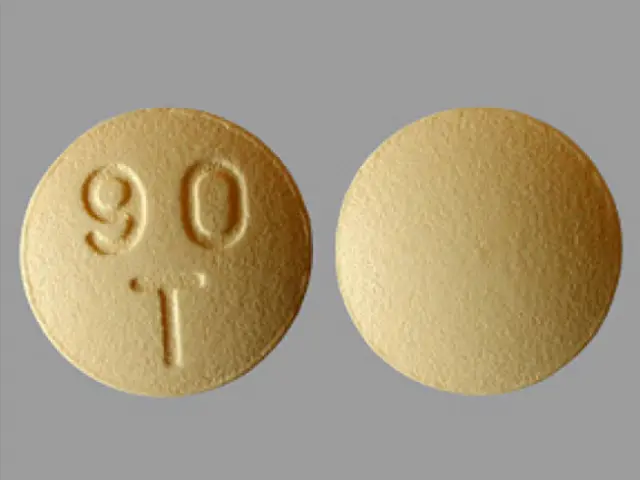Avoid purchasing canned food items, if possible.
Canderin' the Can: Unveiling the Hidden Dangers of Canned Chickpeas
Embrace your love for chickpeas, a staple in vegan, vegetarian, and athletic diets, but beware of the hidden risks lurking in their tinny homes. These humble legumes, often praised for their high protein content and versatility, are more than just a delicious addition to salads, hummus, and falafels - they can also contain harmful substances like nickel and Bisphenol A (BPA).
Unwrap the mysteries behind these unwanted guests in canned chickpeas! Nickel, a component in soil, can find its way into your chickpeas through various stages of production, from plant absorption to packaging. Meanwhile, BPA, an industrial chemical used in the manufacture of plastics, finds its way into the linings of food cans, including those housing chickpeas.
Nickel can trigger or exacerbate existing contact allergies when consumed in excess, while BPA has reproductive toxic and hormone-like effects, can damage the liver and kidneys, and impact the immune system. To save yourself from these potential health hazards, ditch the cans and opt for glass containers instead.
With the holiday season just around the corner, you may be wondering how such chemicals could find their way into your chickpeas despite increased awareness and regulations. Well, in January 2025, the European Union issued a regulation banning BPA in food packaging, but the ban won’t be fully enforced until July 20, 2026. During this time, BPA-containing packaging can still be produced and used until stocks are depleted.
In a recent Austrian test, 18 canned chickpea products were found to contain BPA, with some containing excessive amounts of nickel. Don't fret, though, as not all hope is lost. Several glass containers are available in Germany, ensuring your homemade hummus remains BPA- and nickel-free. Here’s a quick rundown of some fantastic glass container options for your chickpea needs:
- dm Bio Kichererbsen, Net content: 350 grams, Drained weight: 220 grams
- Dennree Kichererbsen, Net content: 350 grams, Drained weight: 250 grams
- Alnatura Kichererbsen, Net content: 330 grams, Drained weight: 220 grams
- Marschland Demeter Bio Kichererbsen, Net content: 330 grams, Drained weight: 220 grams
Lastly, it’s important to note that the pesticide glyphosate was found in three canned products. If you’re looking for a safe, pesticide-free option, choose organic chickpeas.
Stay informed, stay healthy, and keep your hummus hack-free! Enjoy your chickpeas with peace of mind, knowing that you’re making a conscious decision to avoid harmful substances. Happy cooking!
After discovering the potential health risks of nickel and BPA in canned chickpeas, it's crucial to turn our attention to health-and-wellness and nutrition, focusing on alternative packaging. In contrast to cans, glass containers offer a safer food-and-drink alternative, free from BPA and nickel. As the holiday season approaches, it's important to be mindful of the politics and general-news surrounding food safety regulations. For instance, the European Union has banned BPA in food packaging, but the full enforcement is still set for July 2026. As you stock up on essential food items for the holiday season, consider glass container options such as dm Bio Kichererbsen, Dennree Kichererbsen, Alnatura Kichererbsen, and Marsch-land Demeter Bio Kichererbsen, all available in Germany. Lastly, be cautious about pesticides like glyphosate, and opt for organic chickpeas to ensure a clean and safe lifestyle.








